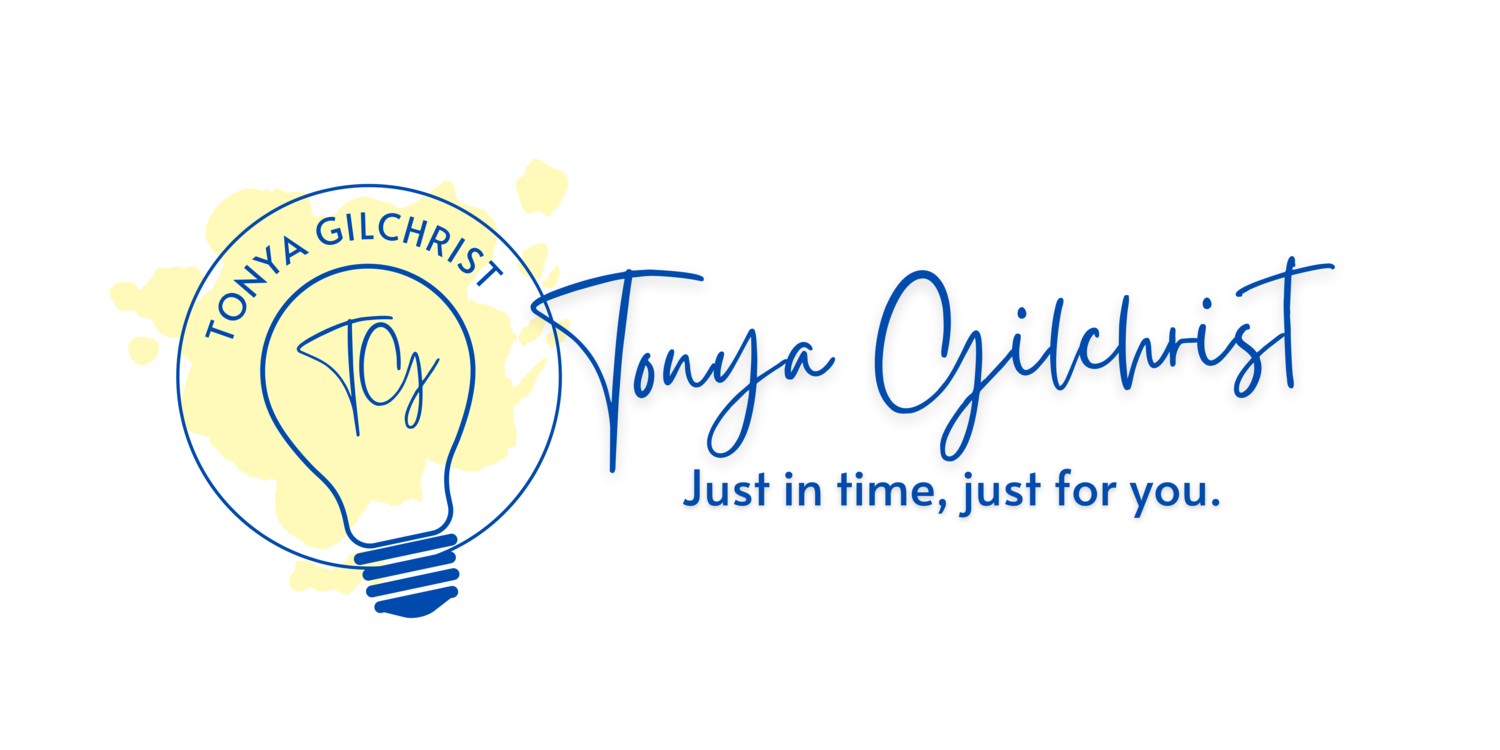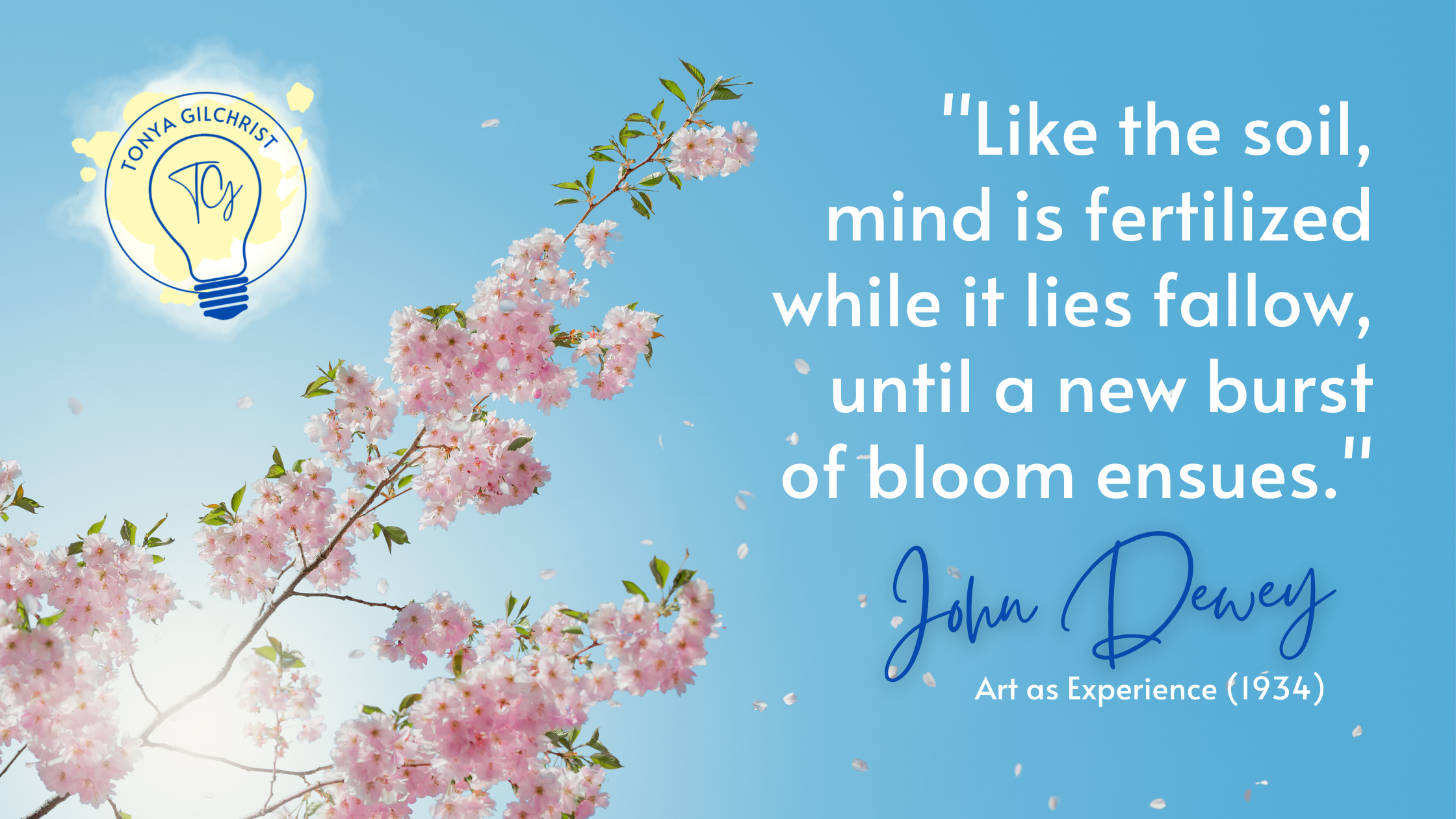Are your fields tired? Rest.
I have a ton of work to do this morning, but instead I just spent the last forty-five minutes reading articles about and Instagram posts by Cheslie Kryst.
Unfortunately, I didn’t know much about Cheslie until reading about her death this morning. And now, the more I read, the more wonderful things I discover about her and her positive impact in the lives of others. If you look at comments on her posts, a consistent, strong through-thread is woven: people say again and again that she was a genuinely kind, bright light to all that she met. Hundreds and hundreds of posts from people in all walks of life reflect that same message.
And yet she died from jumping off a building in Manhattan at the young age of thirty.
I found myself standing in the middle of the kitchen, scrolling on my phone, and crying for someone I’d never met. (And now here I am welling up again just typing this.) I’m absolutely crying for Cheslie, and I’m also crying for so many others (family members included) whose lives were cut short in similar ways.
Our world is not okay. It’s just not.
And so, as we often ask amid professional learning: So what? Now what?
I hesitated to write this post for multiple reasons.
A major one being that I do not want to take away from Cheslie’s story by writing about the thoughts it gave me. It’s not about me. However, her story is not leaving my heart, and so here I am writing.
Of all the posts I read this morning, this article she wrote for Allure last spring struck me the most. I recommend you read it in full as Cheslie has so many important insights to share. That being said, I found the passage below to be especially powerful:
“I discovered that the world’s most important question, especially when asked repeatedly and answered frankly, is: why? Why earn more achievements just to collect another win? Why pursue another plaque or medal or line item on my résumé if it’s for vanity’s sake, rather than out of passion? Why work so hard to capture the dreams I’ve been taught by society to want when I continue to find only emptiness?
Too often, I noticed that the only people impressed by an accomplishment were those who wanted it for themselves. Meanwhile, I was rewarded with a lonely craving for the next award. Some would see this hunger and label it ‘competitiveness’; others might call it the unquenchable thirst of insecurity.”
— Cheslie Kryst, “A Pageant Queen Reflects on Turning 30,” Allure, March 2021
Yes: WHY?!
I must say I think about this often especially amid all the pandemic has brought us. Why are we continuing with systems that actually don’t make any sense at all? Just because it’s the way it’s always been done? Or because someone (none of us know who this someone is by the way) says we should?
Is more truly better? Who is the more for? What is the purpose?
How often are students still getting the message—whether explicit or implicit—that more is better? More awards. More certificates. More progress. More growth. More, more, more.
We talk a lot about lifelong learning, but could that be sending the wrong message?
Those of you who know me know that I am a big believer in the power of words. The nuance of words. Words matter.
Perhaps instead of the focus on lifelong learning; we need to ensure the focus is on living as a lifelong learner. Meaning: the objective isn’t always to actively learn more things in the moment; it’s often about unlearning and/or relearning. It’s about thinking again (as the ever-insightful Adam Grant has shown) with an open mind. It’s about keeping the reflective in reflective practice.
It’s about developing and consolidating approaches to learning skills—critical and creative thinking, self-management, metacognition, communication, collaboration, etc.—that allow us to grow as a learner for life—and a big part of that growth comes through times of incubation.
Now, if you’ve been in any of my sessions, you likely know that I am all about stepping off the pendulum and dropping dichotomous thinking. In so many cases, it’s not either/or; it’s and/both.
Therefore, I’m definitely not saying we shouldn’t learn more and encourage students to learn more. Learning is wonderful! Learning is joyful! But: perhaps we don’t need to actively learn and do more all. of. the. time. Perhaps we need to show students that reflection can bring more learning and growth in the long run.
Perhaps we need to rest our fields.
There is often a misconception that when a field is fallow, it’s not doing anything.
Quite the opposite is true!
Wise farmers know this. When a field is lying fallow, there is beautiful, important work taking place. It gives the soil time to replenish vital nutrients: potassium and phosphorus from below rise toward the soil surface where they can be used by crops later. Levels of carbon, nitrogen, and organic matter rise to improve moisture holding capacity and increase beneficial microorganisms in the soil.
Yes, soil needs to be replenished and restored. You might not turn a profit in the moment, but you’ll yield a much greater crop in the future.
The same can be said for learning and thinking—and thus: living. Science has even shown that some of our greatest insights come from times of incubation.
Again: So what? Now what?
I think of the important article I read and shared from Shawn Ginwright earlier this week. This topic is too important to become another problem we love to talk about, yet never go on to imagine and create new possibilities from as a result.
In what ways can we show students the power and importance of fallow ground? And, perhaps most importantly, where and when do students get to experience this power themselves?
What can each of us do in our own circle of control today?
Model, model, model. In minilessons, in small group instruction, in one to one conferences: intentionally and proactively plan for ways you will show students what it can look like to live reflective practice.
Yes, actions usually speak louder than words, but that doesn’t mean words still don’t speak loudly, too. Use yours wisely. Consider how you can think aloud to provide students with questions and stems they can internalize and carry with them in their own lives:
What questions do I have now?
What can I already do? How do I know?
I'm changing my thinking in light of new evidence…
It is so great to see something in a new way even though I used to think the opposite…
I’m going to pause and reflect: Do I see any patterns in what I did?
What factors have I discovered are important for helping me learn well? What might that mean for next time?
As you design inquiries and investigations with students, ensure you are purposefully planning times for fallow ground. When will students have time for their learning to incubate? Time to reflect? To rethink? When will they get to live the questions and actions you’ve modeled (and more!)?
As my fingers slow and my thoughts wind down, it’s important to emphasize that while all of this is vital to consider in the field of education, it’s vital in your personal life, too.
Are your fields tired? Rest.
Those are my unpolished thoughts, my friends. Or, as many of you who have had voice messages from me know I often say: Those are my rambles for this morning.
I’d love to hear yours, too. 💕

